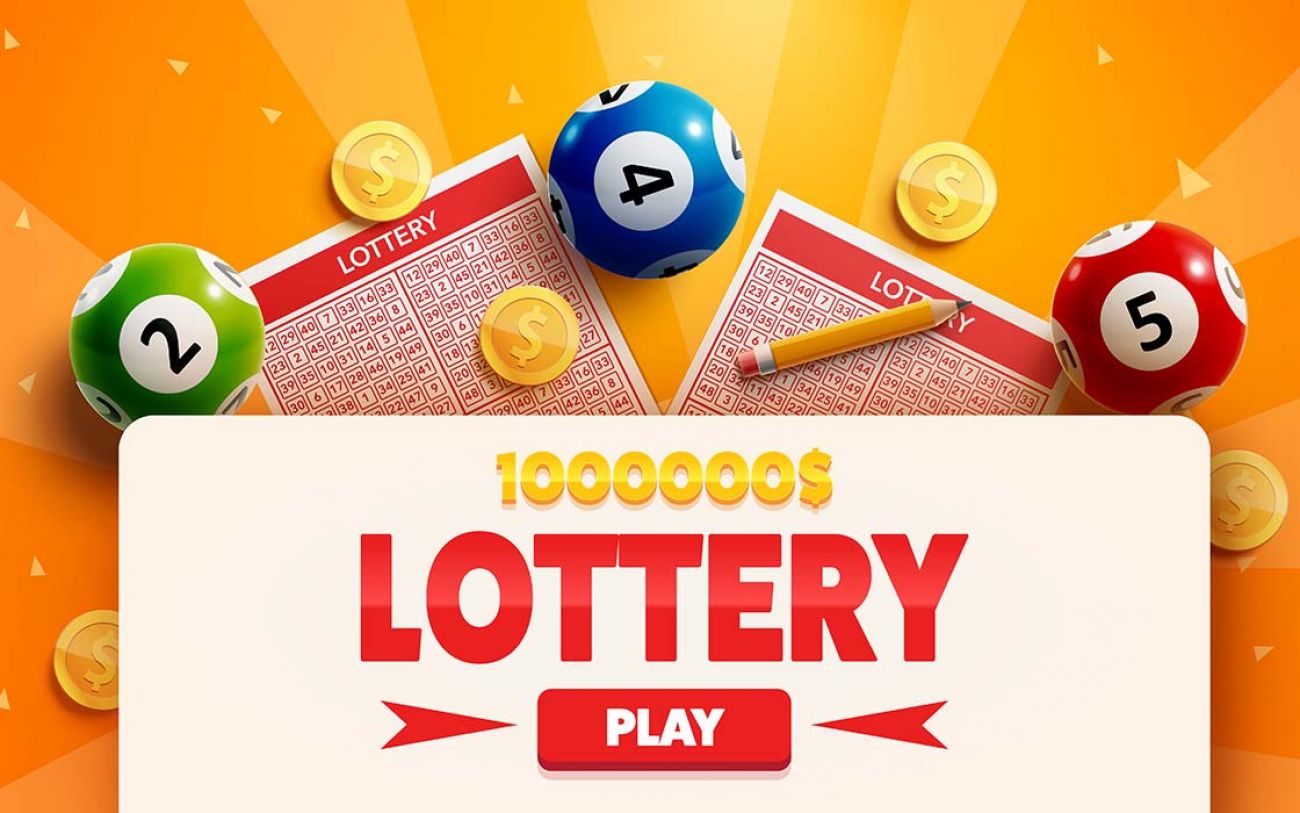
A lottery live draw sdy is a game in which a random drawing determines the winner. The prize money varies, depending on the number of numbers or symbols drawn that match those of the winning ticket. Many people buy multiple tickets, increasing their chances of winning. They also choose numbers based on personal or sentimental significance, such as those associated with birthdays or a special date in their lives. In this way, they are competing with hundreds of other players who choose the same numbers. If there is more than one winner, they will have to split the prize. The best strategy is to choose random numbers that are not close together, as this will reduce the chance that another player picks those same numbers. It is also possible to increase the odds of winning by buying more tickets or joining a lottery pool.
Lotteries were once common throughout the world. They can be traced back to the earliest civilizations and were even used in Biblical times, including by Nero. The ancients drew lots for everything from choosing a king to determining who would keep the garments of Jesus after his Crucifixion. Modern lotteries are regulated and overseen by governments, though private companies sometimes operate them. They are usually held on a regular basis and draw large crowds. The word “lottery” derives from the Dutch noun lot, meaning fate or fortune. It was first recorded in English in the sixteenth century. Early state lotteries were subsidized by taxes, but they have since evolved to become more popular and profitable. In the United States, there are more than three hundred legal lotteries.
In the nineteen-sixties, growing awareness of the big profits to be made in gambling collided with a crisis in state finances. With population growth, inflation and the costs of the Vietnam War, many states found it impossible to balance their budgets without raising taxes or cutting services – options that were unpopular with voters.
As a result, lawmakers began casting around for solutions that could solve their fiscal crises but not upset an already hostile electorate. The lottery emerged as a promising option. The idea of a chance to win huge sums by buying a small stake in the future of the nation struck a chord with voters.
Whether they are playing for the next Powerball jackpot or just for a shot at the dream home, Americans love to play the lottery. While defenders of the game sometimes cast it as a tax on stupidity, a more accurate description is that the lottery is a form of behavioral economics. It is a response to a change in consumer demand that can be triggered by almost any economic change, from unemployment to recessions. And, as with all commercial products, lottery sales tend to increase as incomes fall, unemployment grows, and poverty rates rise. These trends are mirrored in the distribution of tickets: they are most heavily promoted in neighborhoods that are disproportionately poor, black, and Latino.